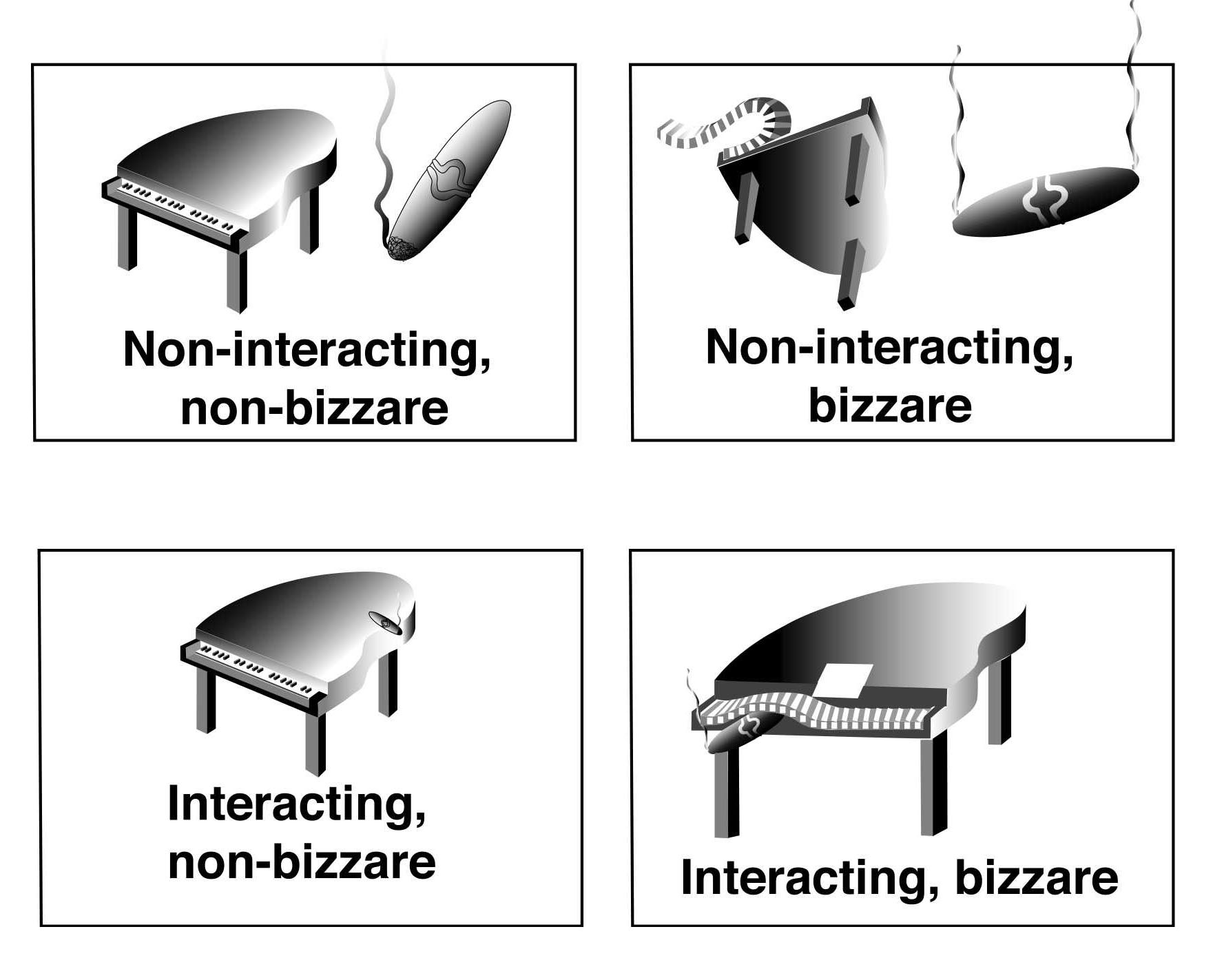Memory Compensation mean that...
Traumatic events can cause a strong block, preventing access to which kinds of memories?
Episodic and autobiographical
What is Suggestibility?
The tendency to incorporate information from sources other than the original witnessed event, such as other people, written materials, or pictures, which may be misleading.
In studying, that you may want to recognize the information given to you and make up your own organization is known as...
Subjective organization
Source memory refers to...
The ability to remember from whom or where (that is, what source) a person learned something.
Retrograde amnesia is seen after concussions because the blow to the head is thought to interfere with which process? What does it mean?
Consolidation whish is a neurological process whereby memory traces are made permanent in a person's long-term memory.
A loss of personal identity is associated with which form of amnesia?
Dissociative fugue
Research on suggestibility shows...
Suggestibility is the likely cause of false memories in the DRM procedure.
This Diagram is an example of which study.

Wollen, Weber, and Lowry (1972) asked participants to use bizarre interactive imagery in the learning of new paired associates, such as piano-cigar. They found that the interacting images, even if not bizarre, led to the best memory recall relative to non-interacting images or rote encoding.
The main precipitator of PTSD is....
Trauma
Explain Korsakoff's Disease.
A severe form of amnesia brought on by long-term alcoholism. Characterized by anterograde amnesia, retrograde amnesia, anosognosia, and confabulation.
Treatment for dissociative fugue may involve...
Sedatives to reduce anxiety and then exposure to powerful retrieval cues
In a sequential lineup (or show-up), the witness matches the face to his or her memory of the face seen in the crime and decides if this particular face matches the memory. The process used here is called...
An absolute judgment.
Two trials produce better retention if they are separated by more time than if they are closer together is known as...
The spacing effect
Psychological problems associated with PTSD stem from...
Episodic memory and unwanted retrieval
Patient JB has a deficit in the acquisition of new information. However, his intelligence is intact, he is aware of his memory deficit, and he is able to converse coherently. Your diagnosis?
Amnesiac Syndrome
Explain Bacon et al. (2018)
States that persons with schizophrenia have cognitive problems and issues with memory and metamemory.
Describe Fivush et al (2004)
Looked at the effects of stress on memory in children. They found that it was moderate/medium stress level that resulted in the best memory performance.
Explain Mannes and Kintsch (1987)
Gave one group of students well organized outlines of material for which they would be tested, but a second group was given a disorganized outline. The disorganized one required participants to use their own organizational schemes. The disorganized group performed better on the recall test.
Deficits in social communication, social interaction, language, emotional perception, theory of mind, and often repetitive or restrictive behaviors are symptomatic of.....
Autism
Which of the following are considered the signs of early stage of Alzheimer's Disease?
Deficits in episodic memory, mild anterograde amnesia, and lexical retrieval difficulties
Ackerman et al. (2018) gave working memory training and compared with age-matched controls without ADHD. They found that...
The participants with ADHD improved from pre-training to post-training on forward digit span, backward digit span, and the Corsi block tapping task.
Describe E.F Loftus and Zanni (1975)
In this study, participants viewed a film of an automobile accident. They found that the subtle difference between the words "the" and "a" can have a strong effect on memory. If participants saw the word "the", they were more likely to endorse that they had seen broken glass when they had not.
Explain Roediger and Karpicke (2006).
Participants were asked to read short passages concerning scientific information. One group of participants simply restudied the items several times. A second group read the same passage but then was asked to recall information about the story on three practice tests.
They found that the group that recalled information during study did best on the final test.
Explain Kornell (2019).
Participants were asked to study difficult, GRE-type words and their more common synonyms (effulgent-brilliant). He found that...
1. More than 90% of students did better with massed practice
2. More students preferred distributed practice to massed practice
3. Students learned about the same using massed and distributed practice